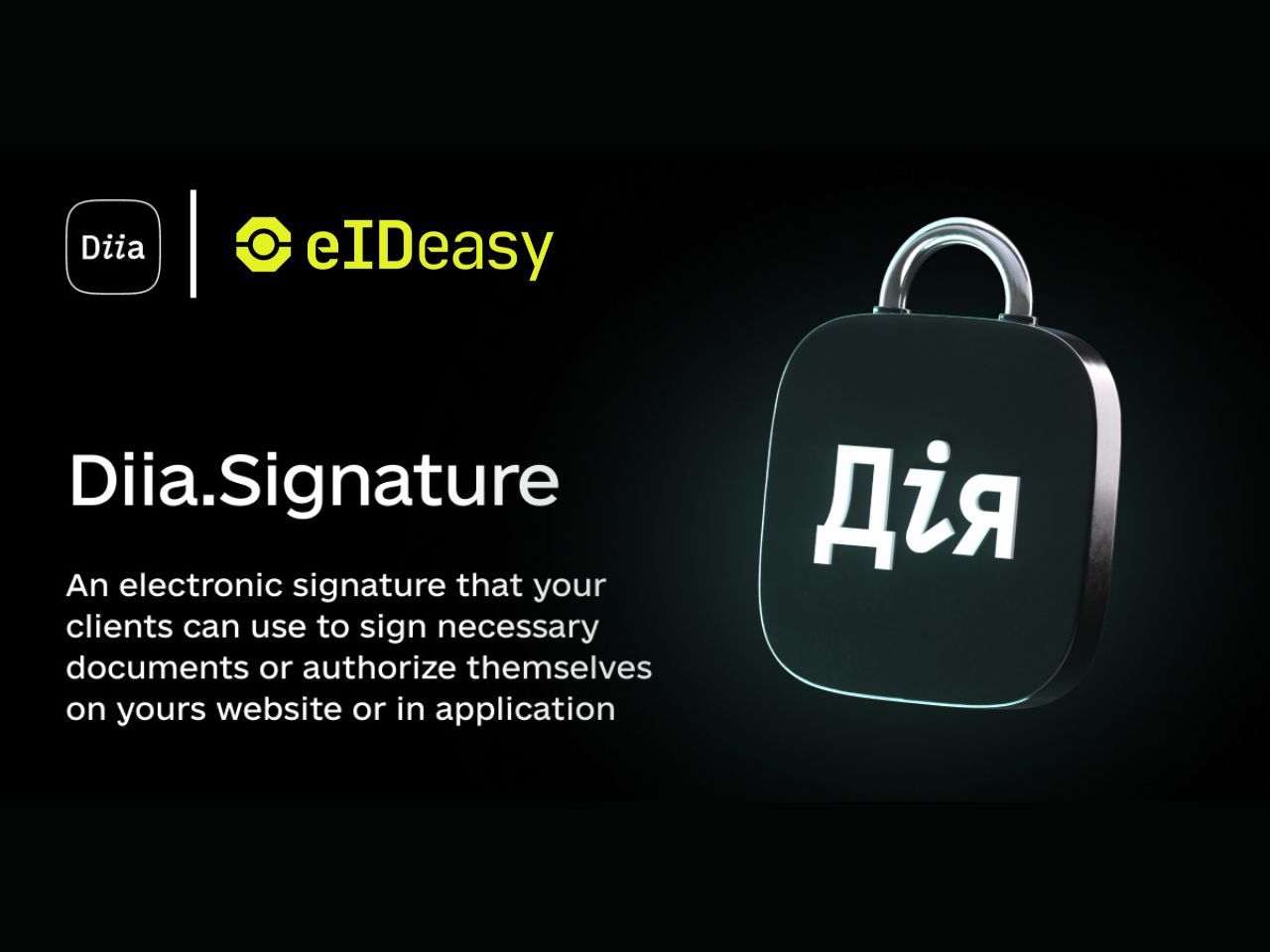Adopting electronic signatures can be a tricky process, forcing businesses to resort to non-secure and rather obsolete methods of document signing.
A wide variety of existing electronic signatures come with their own potential pitfalls. As such, email signatures are hard to prove in court, while others are expensive to adopt. But digital document signing leads us to a more secure future, and businesses shouldn’t delay the process of shifting to electronic signatures.
Margus Pala, the CEO of eID Easy, talked to Cybernews ins and outs of digital signatures.
If I could, then I would ban anyone from accepting my handwritten signatures. Thankfully, I don’t even remember when I had to sign anything on paper, it must have been many years ago. Once I sign a document and give it to you, you can effectively examine the signature and create very effective fake signatures that even the best forensic experts have trouble distinguishing. Similarly, if I give you an image of my fingerprint, then you have full access to my phone and all my life.
Did you know?
1. Implement quality identification measures can be as easy as implementing Facebook login or Paypal payment?
2. With Qualified Electronic Signatures (QES) created in eID Easy platform, the court accepts the signature as valid by default as mandated by eIDAS regulation.
3. By 2026, more than half of the electronic signatures will be at the qualified level.
Read the full article: https://cybernews.com/security/margus-pala-eid-easy-if-i-could-i-would-ban-anyone-from-accepting-my-handwritten-signatures/


